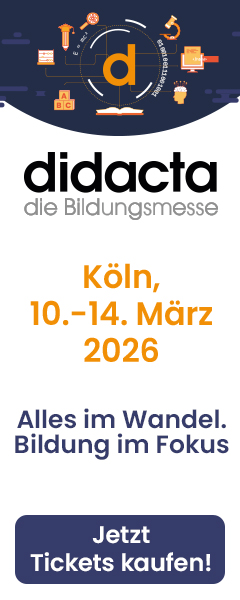EU Project Sparks Interest from New Zealand
Sheffield (UK), October 2010 - ENABLE, the Leonardo project led by Learning Light that aims to bring eLearning to marginalised learners is making such impressive progress that it is attracting interest from outside Europe.
Learning Light, a company that focuses on promoting the use of eLearning and learning technologies, currently leads an EU-wide consortium of organisations developing effective ways to use eLearning to reach and engage 'marginalised' learners. The firm has received an enquiry from McGirr Associates, New Zealand's leading producer of eLearning for "hard-to- reach" learners.
A few months ago, Learning Light's operations director, David Patterson, was a keynote speaker at the International Association for Development of the Informatio+n Society (IADIS) International "Conference eLearning 2010", held in Freiburg, Germany. He spoke on "eLearning: Regeneration, Research and Innovation" and, among other things, gave an update on the progress in the "ENABLE" project.
This 24-month, 300,000-euro project funded by the EU under the Leonardo Transfer of Innovation scheme involves Learning Light, The Workshop Sheffield (TWS), and the learning-development consultancy MRS (all based in Yorkshire), along with partner organisations in Italy, Greece, Romania, and Poland. The first phase of the project - recently completed - involved research in these four countries as well as the UK.
David Patterson, Learning Light's operations director, explained, "Learning Light is coordinating the pan-European project to enable 'marginalized' learners to develop their knowledge and skills via eLearning. This is exactly the audience that McGirr Associates is also targeting in New Zealand. In the UK, we studied the Somali community living here. In Poland, we studied women who were returning to work, and we looked at other groups in Italy, Greece, and Romania."
"We've developed two eLearning applications, and we're now rolling out this initiative across Europe using the experience and expertise we've built up to identify and contact people who find it difficult to undertake formal learning", he adds.
"Mandy McGirr is interested not only in the research and results of the Leonardo project but also in the range of eLearning materials that Learning Light has developed covering various aspects of waste-recycling operations", says Patterson. "Having piloted these successfully in the UK, we've seen them put to use most effectively in Nigeria recently - among workers who, for a number of reasons, are unlikely to attend formal face-to-face training courses."
These eLearning programmes deal with disassembling electrical equipment in the most environmentally friendly way, following the requirements of the Waste Electrical and Electronic Equipment (WEEE) Directive. They aim to reduce the amount of this waste going to landfill and improve recovery and recycling rates - thus helping the environment.
Patterson continues, "Many people make their living from looking for precious metal components for recycling within this e-waste and burn the waste to get to them. This releases carcinogenic substances, so they are literally killing themselves to get to the 'usable' bits from the e-waste."










